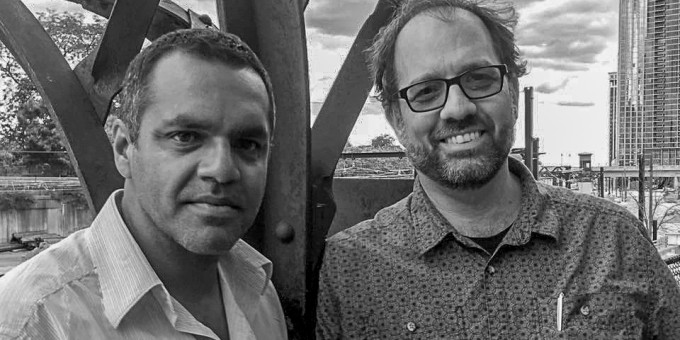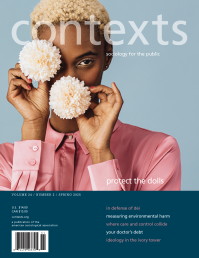
Evidence is Important
Evidence is important. Even the most skeptical rely on tested and re-tested scientific certainty every day. And good sociologists hold scientific evidence suspect, even as we use the best we have to make the decisions we must.
The criminal justice system really puts our trust to the test: will we imprison (or kill) a person based on the say-so of the man in the white coat? Crime dramas present that dilemma on a daily basis, but the sociological take goes deeper. In this issue, Simon Cole and Troy Duster show how powerful institutional imperatives undermine the progress of forensic science, leading thousands of people to take bad plea bargains rather than take their chances against the figures of expert authority.
The denial of physical freedom isn’t the only punishment the justice system metes out, of course; the stigma of a criminal record is a powerful negative force as well. As Sarah Lageson details, criminal justice stigma has gone online as unscrupulous private aggregators collect and disseminate millions of mugshots, permanently staining the reputations of suspects and arrestees, often regardless of the legal outcome of their cases. For those struggling to remove the records from public view—from the prying eyes of employers, neighbors, and who knows who else—it’s Kafka 2.0, the online edition.
Access to the beneficial products of science is highly unequal, too, as Amanda Gengler recounts in her account of families facing bank-breaking treatments for rare diseases. The resources required to find clinical trials, gain referrals, evaluate treatment options, find providers, and devote parental time to quality care differentiates winners and losers in the market-based medical system. Education is one of those resources, and the particular American form of inequality in that arena revolves around segregation, especially by race. Rather than a march of progress away from segregation, American school systems seem to be following something between a pendulum’s arc and a Silly String roadmap, as Toby Parcel and colleagues learn in the story of Wake County, North Carolina’s schools.
When the evidence is against you, when the arc of science bends away from equality, when the hands of power control the shape and direction of knowledge, who you gonna call? A public sociologist. (Well, if it’s an emergency, hang up and call 9-1-1, but then call a public sociologist.) M. V. Lee Badgett describes the scholars who are both effective and engaged, whose work and careers explicitly serve public interests. Their careers involve not only good communication practices, but also a firm grip on the big picture and a professional network that extends beyond academia.
Of course, a great way to build that network is by giving the gift of Contexts. We suggest you start with this issue, which offers the range of writing and insight you’ve come to expect (and demand) from us. From Babes in Bikeland and the implications of Caitlyn Jenner’s public image to the ongoing global fallout from the War on Terror, from the Primates of Park Avenue to statistical breakdowns of European soccer and hookup culture—this is sociology for you and yours.
